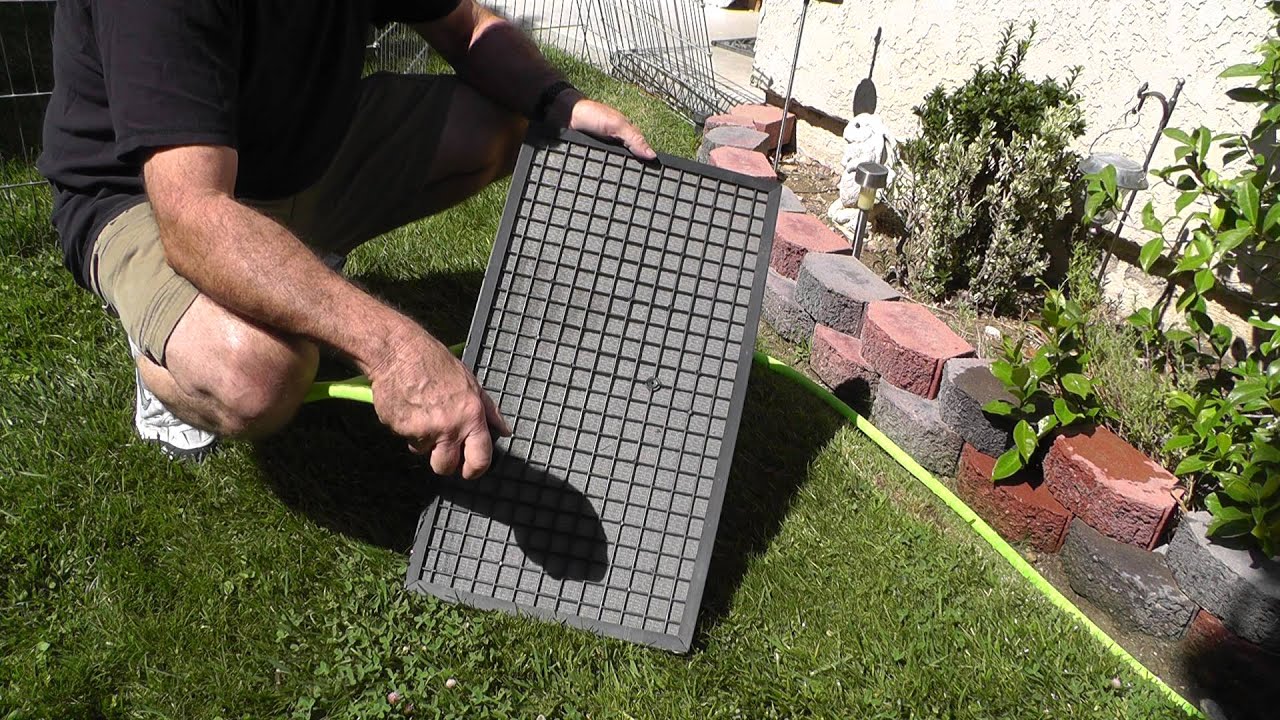Maintaining a healthy living environment is paramount for homeowners and businesses alike. One essential component that plays a crucial role in air quality is the HVAC filter. To ensure optimal air quality, technology, and performance, understanding when to change HVAC filter is vital.

Why Changing Your HVAC Filter Matters
The HVAC filter is designed to trap dust, allergens, and pollutants, preventing them from circulating in the air. Regularly changing the filter not only improves air quality but also enhances the efficiency of your HVAC system.
Benefits of Regular Filter Replacement
Regular filter changes lead to improved air quality, better energy efficiency, and prolong the life of the HVAC system. Neglecting to change the filter can lead to clogged systems and increased energy bills. For more insights on common problems, see Common HVAC Problems.
How Often Should You Change Your HVAC Filter?
The frequency of changing a HVAC filter depends on several factors, including the type of filter, the condition of the local air quality, and the specific needs of your household or business.
General Guidelines for Filter Replacement
For most households, changing filters every 90 days is recommended. However, high-efficiency filters might require less frequent changes. Factors such as having pets or living in areas with high pollution can also affect this timeline.
Signs That It’s Time to Change Your Filter
There are signs that indicate it may be time to change your HVAC filter. These include visible dirt on the filter, increased allergy symptoms, and an unexplained spike in energy bills.
Improving Indoor Air Quality with Regular Filter Changes
Regularly changing your HVAC filter is a simple step towards improving indoor air quality. Clean filters reduce allergens and pollutants, creating a healthier environment for your family and employees.
Choosing the Right HVAC Filter
Selecting the right HVAC filter is crucial. Filters come with different ratings based on their efficiency in trapping particles. Consider the MERV rating – the higher the number, the better the filtration.
Types of Filters
Common types include fiberglass, pleated, and HEPA filters. HEPA filters are known for their high efficiency in trapping small particles.
Cost vs. Efficiency
When choosing a filter, balance cost with efficiency. Higher-rated filters may cost more but offer superior air cleaning capabilities.
DIY: How to Change Your HVAC Filter?
Changing your HVAC filter is a straightforward task. Make sure to turn off your HVAC unit, remove the existing filter, and replace it with a new one of the same size and type.
Professional Maintenance Tips
While many filter changes can be done yourself, scheduling professional maintenance can ensure your HVAC system remains in excellent condition. Learn more about maintaining your system by visiting our Air Duct Cleaning Guide.
FAQ Section
How do I know if the HVAC filter is dirty?
Inspect the filter manually. If it’s visibly dirty or discolored, it’s time for a change.
Can changing the HVAC filter reduce energy bills?
Yes, a clean filter ensures your system runs efficiently, reducing energy consumption.
What’s the best filter type for allergies?
HEPA filters are ideal for capturing allergens and improving air quality.

Conclusion
Understanding when to change your HVAC filter is essential for ensuring a healthy indoor environment. Regular maintenance not only boosts air quality but also enhances your system’s efficiency. Embrace this technology advantage today!
For additional information, explore this external resource: How to Change HVAC Filter.






